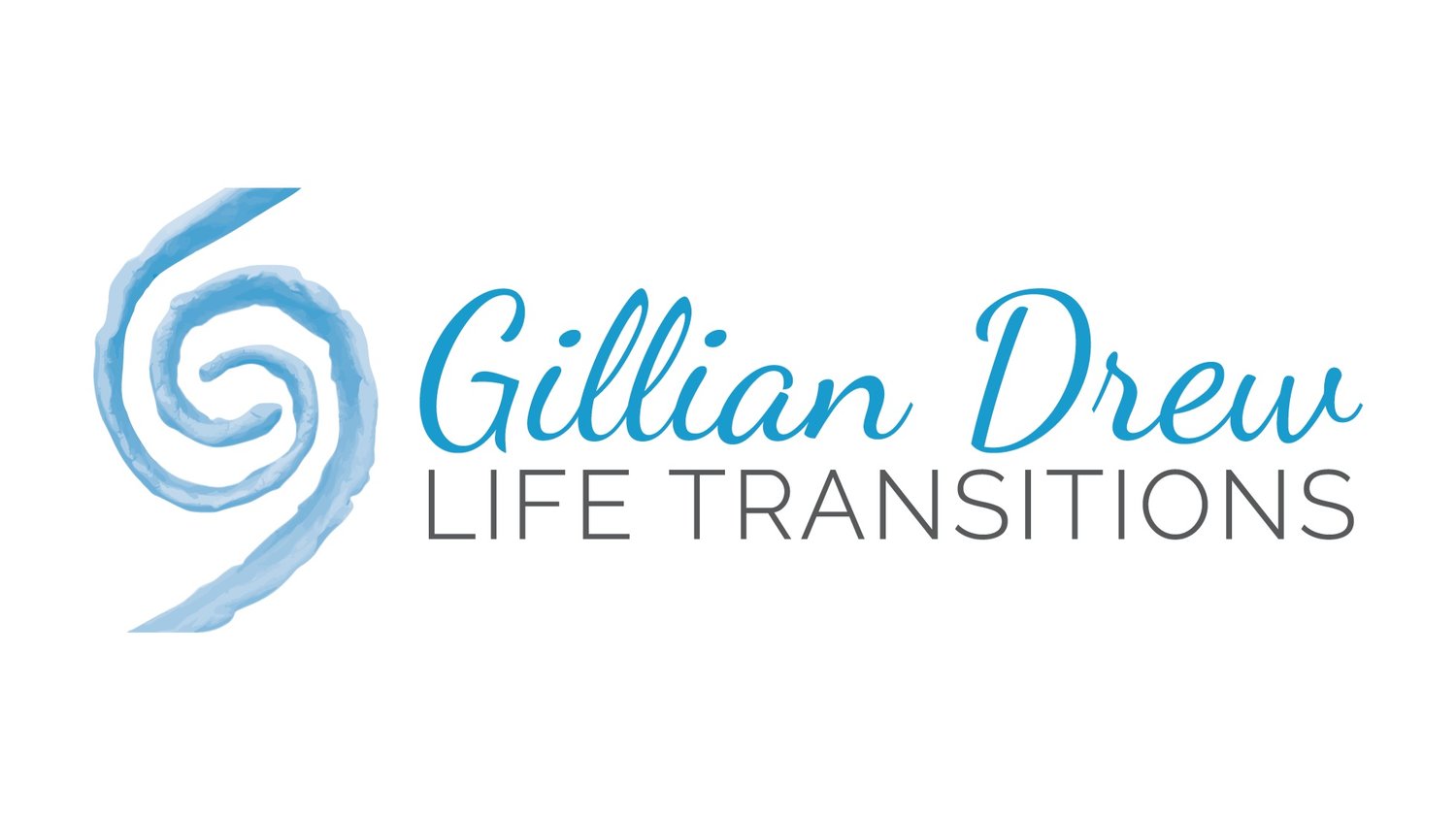How is stress affecting you?
One of my life lessons has been the awareness of how stress is affecting me.
Over the years, I’ve observed how I (and so many others around me) adapt to our circumstances and do more, push ourselves harder, work longer, put up with physical discomfort and illness, and tolerate unhealthy social, working, and living arrangements. Sometimes we take the approach of ‘well, that’s life’ or ‘it’s not forever – if I just push through this part, things will get better’. But often, instead of stopping ‘after this part’, we push on until we round the next bend of experiences…and the next…and the next.
I know my pattern was to keep going until I had pushed passed what was healthy. I would be physically exhausted. I would be mentally foggy and cluttered. Emotionally, I would be on edge with tears or ongoing waves of irritation. My gut would be filled with the dread of facing that job, that person, or that project again. In so many ways, my response was telling me the situation wasn’t healthy for me.
Is this something you can relate to? Why do we do this to ourselves?
It’s like we keep making room in our life for this other thing to exist, even if it’s not right for us.
In the meantime, what happens to what we really want?
The usual pattern is it gets pushed aside, ignored, suppressed, or shelved until the day when we imagine that we’ll finally be able to take it down off the shelf and live the life we want. It lives out there on Someday Isle. We may not realise it, but this separation from who we are and what we want also adds to our stressful situation. Why? Because we’re ignoring the true spirit of who we are.
If we take a step back for a moment: we all have a stress tolerance level – this is what keeps us safe. For example, something stressful happens, we recognise it as a threat, and we respond by fighting, fleeing or freezing. Our body responds by increasing our heart rate, opening our breathing airways, sharpening our vision and mental function, increasing muscle tension so we’re ready to run, and decreasing digestion and reproductive function. All these physiological activities prepare the body for protecting itself from a threat. When the stress trigger passes, our body comes back to ‘normal’ breathing, heart rate, digestive, reproductive, and mental function.
But when the stress is ongoing, our tolerance level gets maxed out. The ongoing physical and mental responses take their toll on the body and manifest as physical aches and pains, body inflammation, difficulty sleeping, digestive upsets, erratic menstrual cycles, and chronic over-thinking. Again, is this something you can relate to? How does stress show up in your life?
For me, recognising these patterns within my body and brain was something I learned to notice - because not noticing would result in illness and unhappiness. When I learned to notice the patterns (and not just ignore them and push on), I would look for the stress trigger in my life. What in me, my behaviours and choices, or my environment needed to change? What was creating this stress in me and what could I do about it?
What can you do about stress?
Here are a few suggestions to get you started…
Recognise your own stress indicators. How do you know you’re stressed? What happens to you on a mental, physical, or emotional level?
Be aware of when your stress responses arise. What are you doing? Where are you? Is there a smell, a sound, something you see that’s consistent? What activity are you engaging in? Who are you with?
Consider your responses to things in your life – is there any response that seems more sensitive when compared to how most others respond? Why do you think that is? Is there something that needs to be explored or changed in you?
Reflect on your environment and things that you associate with stress. Are there any stress triggers you can reduce or eliminate?
Ask yourself, if there was one thing you could change - what would it be?
Find ways to support yourself and bring yourself down from the stress. For example: meditation, journalling, listening to music, or enjoying time outside in nature.



